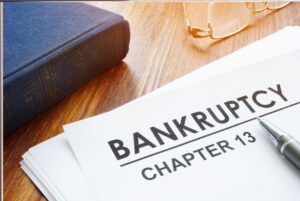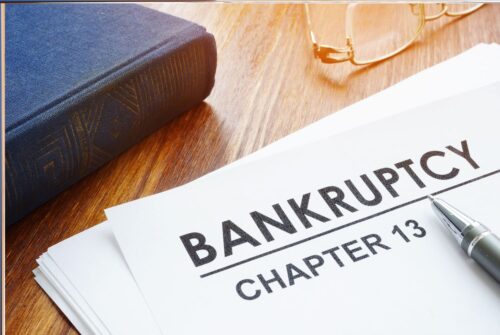
Receiving an Inheritance While in Chapter 13
An individual who receives an inheritance during a Chapter 13 bankruptcy might have the inheritance become part of his or her bankruptcy estate and may be unable to keep it. The repayment plan may have to be amended to increase what the debtor pays to creditors.

Inheritance in Chapter 13 Bankruptcy
Generally, in
The 180-Day Rule
When a person receives an inheritance within 180 days of the bankruptcy filing date, the inheritance must be paid into the Chapter 13 repayment plan, minus exemptions. A person is considered to have received an inheritance on the date that he or she becomes entitled to it.
If the inheritance is received more than 180 days since a person filed for bankruptcy, the debtor may likely be required to pay the inheritance into the repayment plan. The bankruptcy trustee can argue that retaining all the inheritance without paying more to creditors may violate the Chapter 13 plan’s requirement of good faith.
A judge may choose to amend the plan and increase what the debtor pays to creditors based on the reasoning that it is unfair for the debtor to enjoy the windfall’s benefits at creditors’ expense.
What a Debtor Can Do
It is advisable for an individual who receives an inheritance
If the inheritance is significant such that it makes no sense for the individual to stay in bankruptcy, then bankruptcy lawyers
For people who choose to stay in their bankruptcy after receiving an inheritance, keeping the inheritance as part of the bankruptcy depends on several factors, such as:
- Whether creditors are likely or unlikely to receive full payment over the course of the bankruptcy plan based on what is provided by the monthly payment plan
- If the inheritance can pay off the amount currently owed to creditors
Due to the factors to be considered and the complications that tend to arise in a






